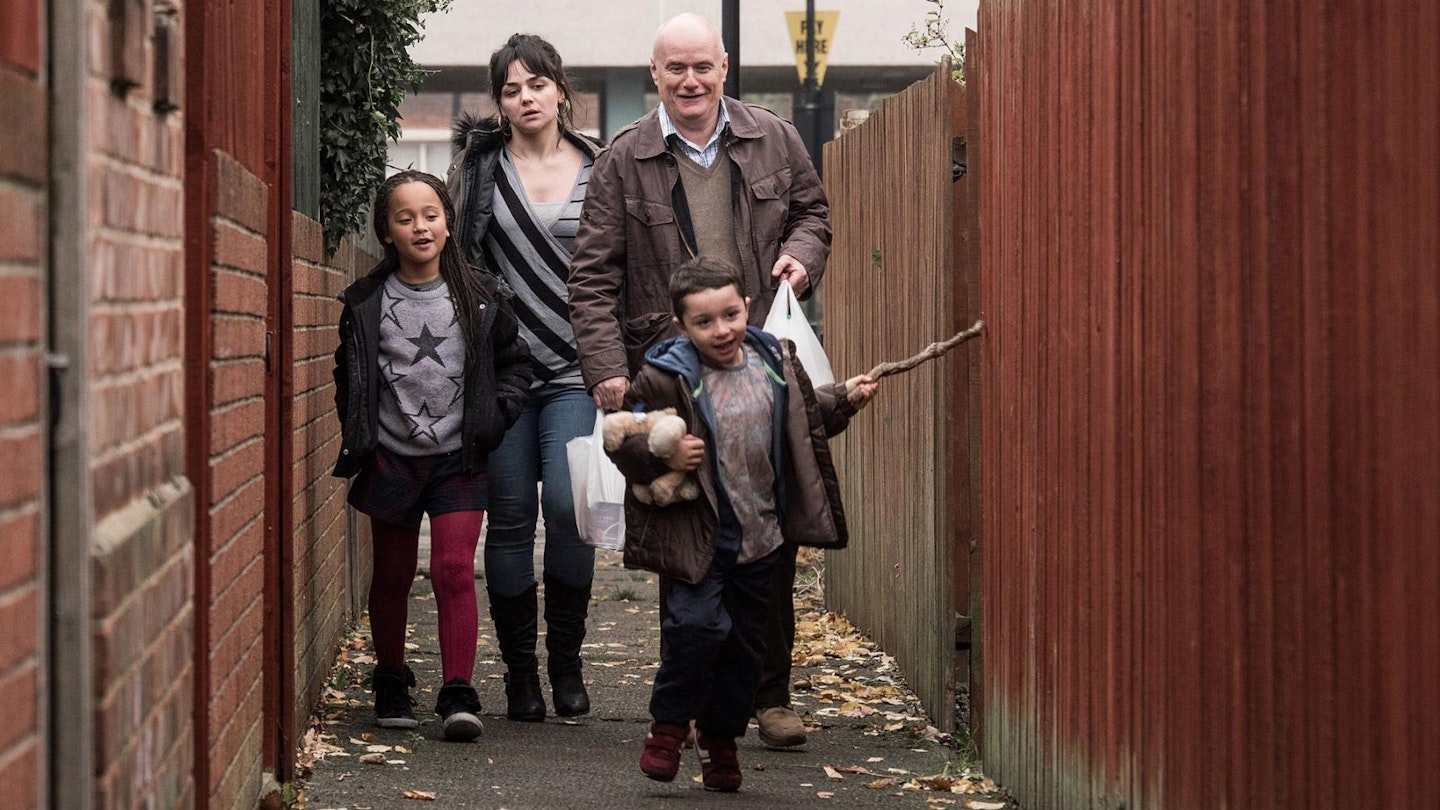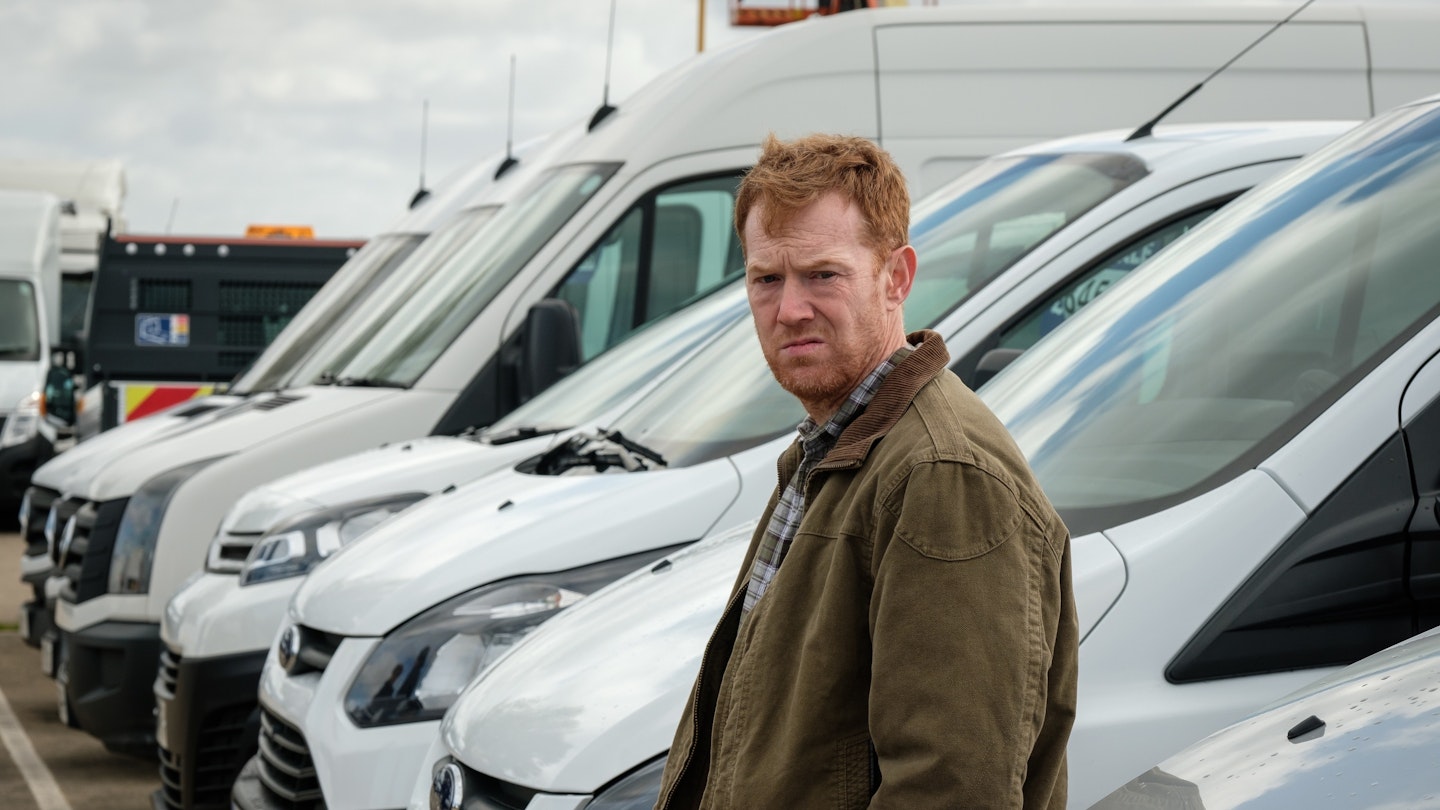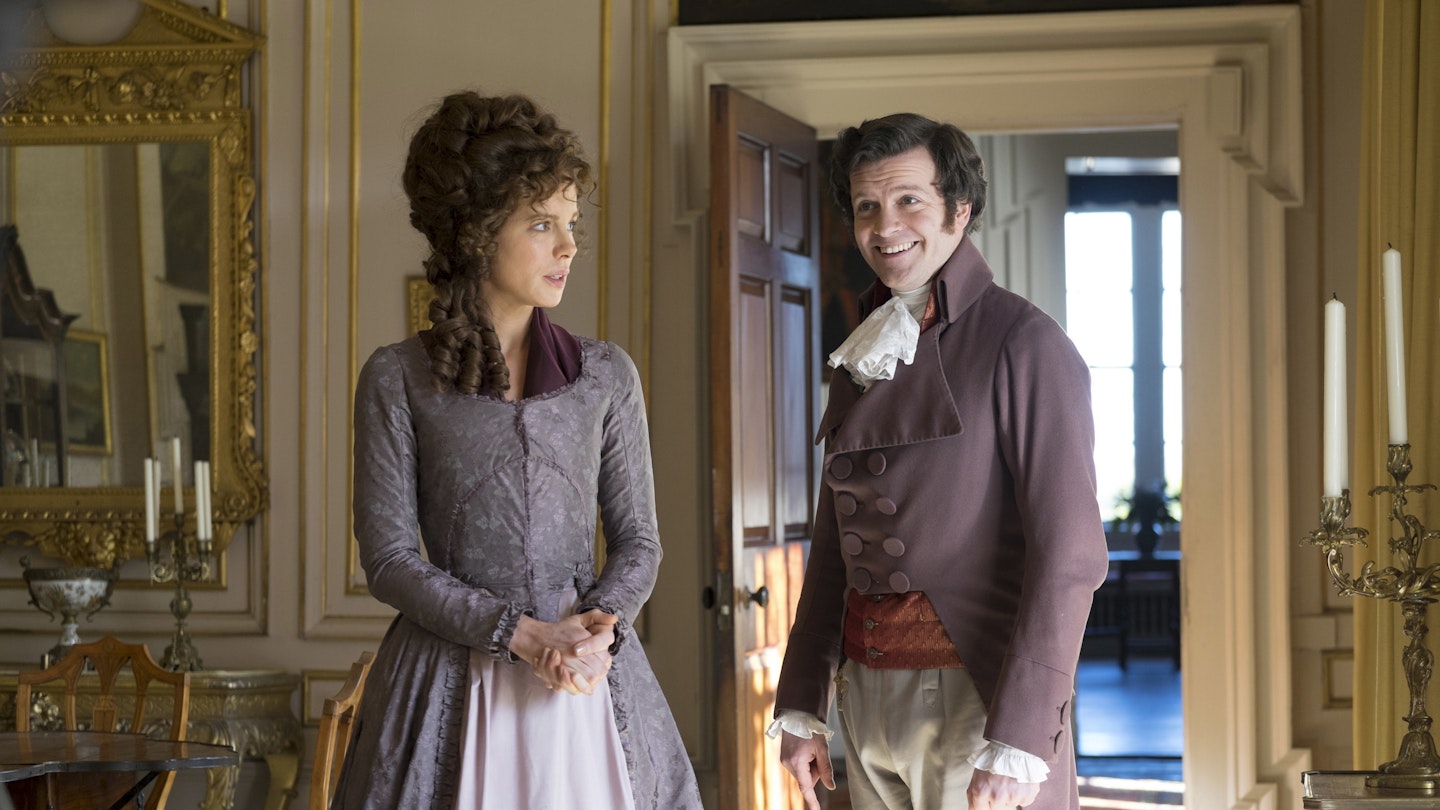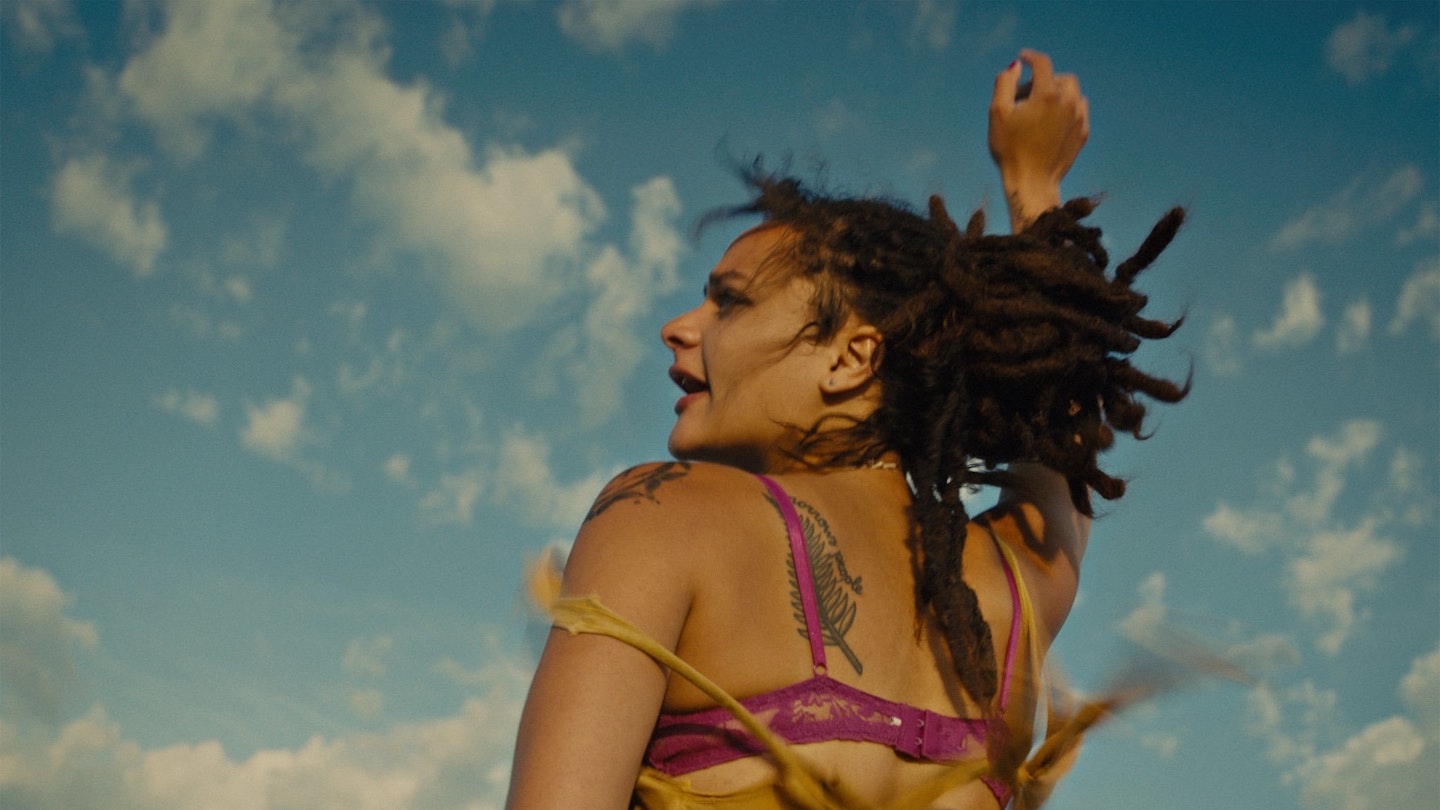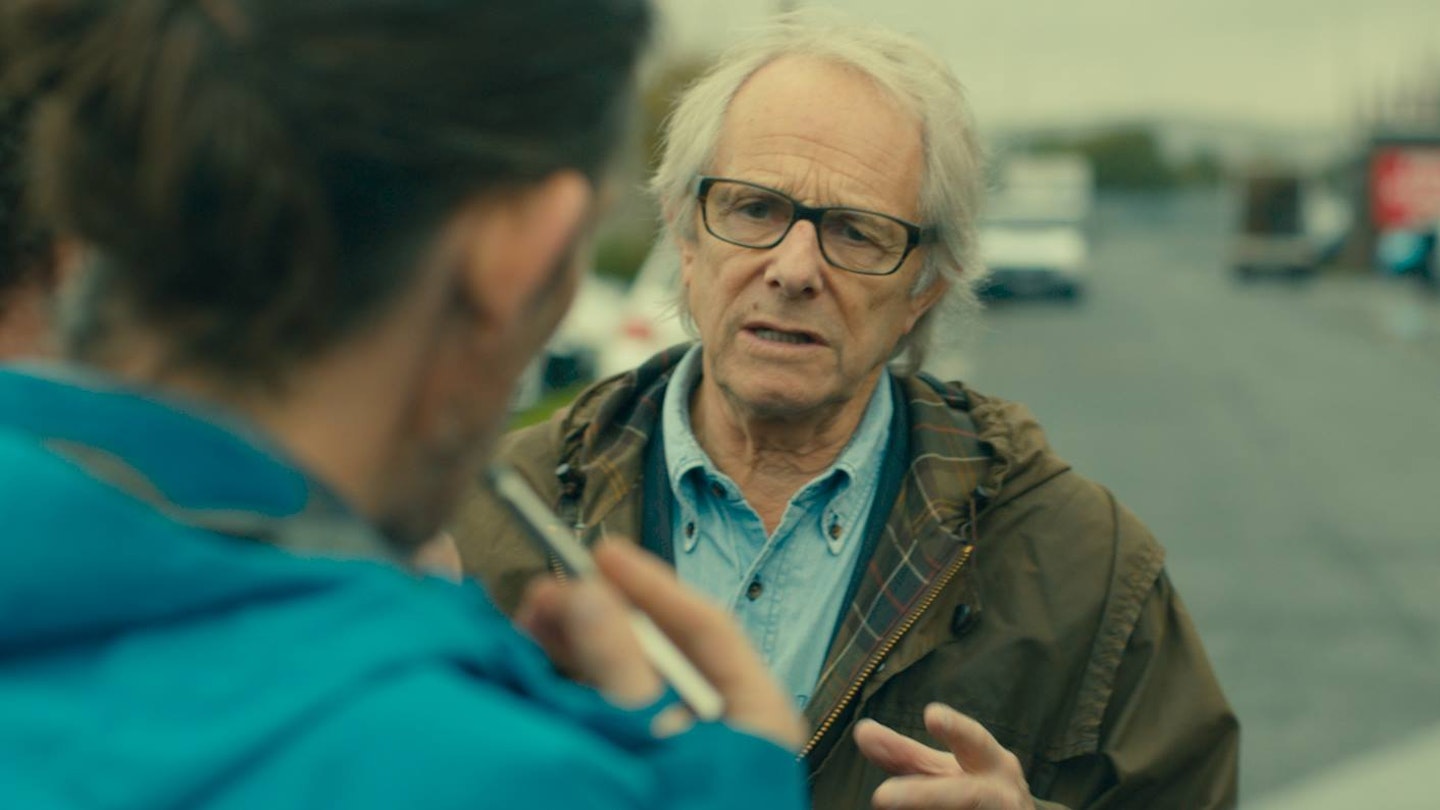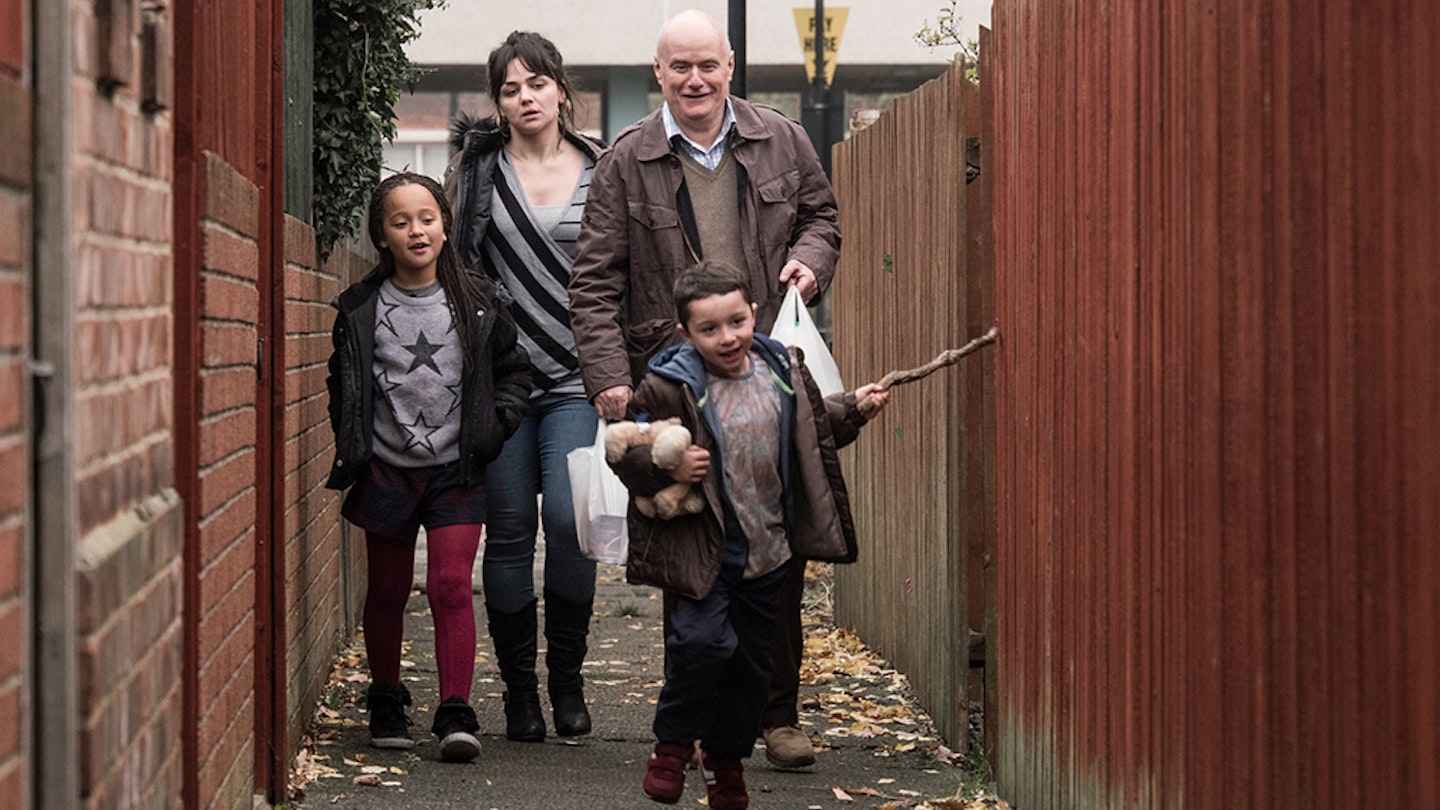There’s a sign doing the rounds at this year’s boom in protests that reads, “I can’t believe I’m still protesting this shit in 2016.”
You can imagine Ken Loach must feel the same way. After five decades of socially progressive dramas, and documentaries so politically hardcore they were suppressed like degenerate art, he came out of retirement to make this — a profound sigh of a survey of today’s marginalised and their relationship with the state. With I, Daniel Blake, he’s not angry; he’s very, very disappointed.
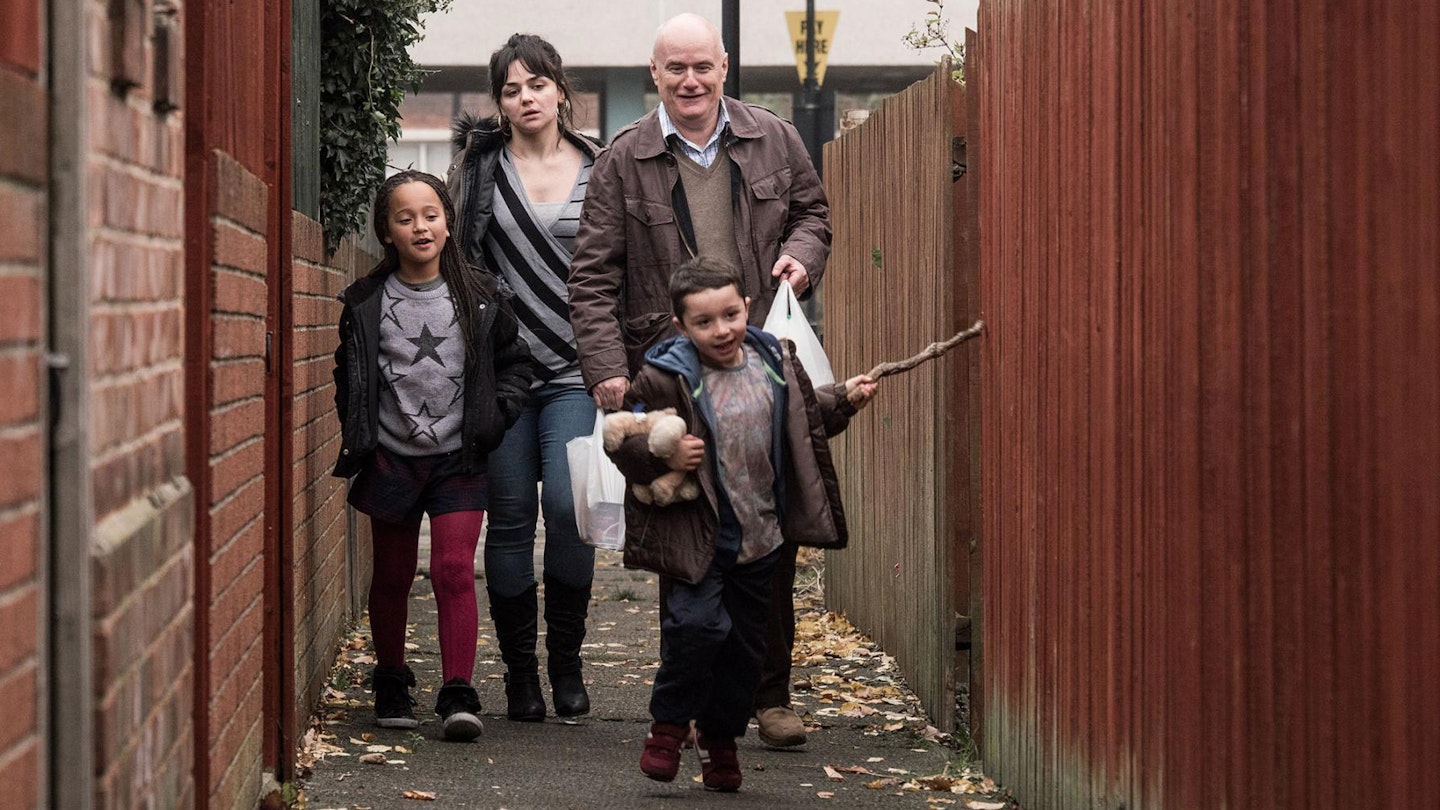
Geordie stand-up Johns is Daniel, a widower unable to work thanks to a heart condition, but just well enough to not seem seriously ill. Falling between the twin poles of disability support and Jobseekers’ Allowance, he faces a nightmare of forms, CV courses and hold music that lasts longer than a football match. It’s all totally authentic, Loach’s eye for non-professional actors and rendering the mundane compelling undimmed since his 2014 ‘retirement’.
He’s well served by his lead, with Johns nailing one of the hardest things for an actor — the demonstration of genuine decency without putting the audience to sleep. Dan wants to work — he gets on his bike, as Norman Tebbit would be thrilled to hear, but his benefits advisors dismiss his hand-written CV and failure to get receipts from the foremen he delivers it to with cold bureaucratic indifference. A scene where Dan struggles with a mouse is typical — it’s funny, but also deeply depressing. He’s highly skilled, but the world has moved on, and this proud man seems destined for the scrapheap through no fault of his own.
There’s a feeling Loach may have overloaded his hand with Dan, a protagonist of such virtue it’s a wonder he can’t get a job walking across the Tyne. But this is a film with an agenda, so Dan and his young friend Katie are uncomplicatedly hard-done-by, and the powers-that-be uncomplicatedly bastards: the op-ed element can obscure the drama, and the ending is visible from over the horizon.
However, we don’t come to Loach for subtlety, and he lands his greatest punches via Katie. Spikily played by Squires — a real discovery — she finds herself in the most upsetting scenes, be it going hungry to feed her kids, desperately gobbling baked bean juice in a food bank, or finding work in the most degrading way possible. Her interlocking experiences with Dan deliver a message about the cruelty of benefit reform more forcefully than any bar chart on Newsnight, and their burgeoning friendship is as great a portrait of Loachian solidarity as any he’s previously set in strikes or wars of liberation.
Loach is now 80, and he’s already retired once. Could this be the last film from one of Britain’s major filmmakers? It’s hard not to both want more — there are too few fully engaged directors left — and wish things were such that he wouldn’t feel the need to make another film. We all know what’s more likely.
